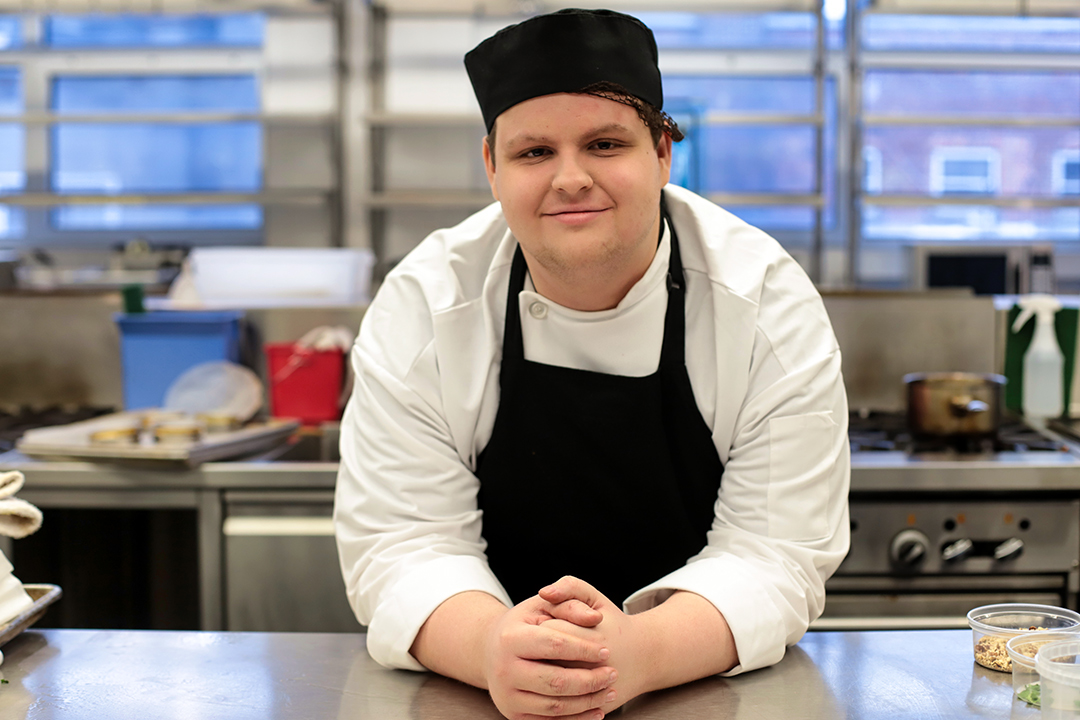How should you go about choosing your program?
Published on
:
June 10th, 2024

Choosing the right program of study isn't easy for everyone. While some have dreamed of a career since childhood, others haven't the slightest clue of the field they'd like to work in. With so many training courses and schools to choose from, it can be challenging to select a path and make the right choice. Guidance counsellor Sophie Duquette shares a few tips and questions you should ask yourself to help you choose a training program.
Do I feel like studying for a long time?
Choosing a program of study involves first and foremost selecting a trade or profession, followed by choosing a school (vocational training centre, CEGEP or university).
For guidance counsellor Sophie Duquette, the first question you should ask yourself when choosing a career path is: "Do I want to study for a long period of time?"
To stay motivated, the program must reflect the individual, their preferences and strengths. "You're more likely to succeed in a field that interests and motivates you," explains Ms. Duquette. "It can be interesting to talk to someone in the profession that attracts you, and assess the pros and cons."
Does this program align with my personality and interests?

Going to school for photography and working as a professional freelance photographer are two different realities. "You need to learn about the job market and the personal qualities the profession requires. Do you have to be outgoing? Entrepreneurial? Do you have to enjoy dealing with the public? Are you willing to work outdoors? And so on." The guidance counsellor reminds us that it is important to consider the following questions:
- Is the corresponding job a good fit? Do the tasks associated with the job suit me?
- Am I ready to travel or be on the road daily for my training?
- Do I have the required health or physical attributes?
- Am I someone who enjoys being in the field or an office?
- What are the prerequisites? Do I have the right level of education? Am I willing to go get the missing prerequisites?
Three tips
To help in your thought process, Sophie Duquette shares three often-used reflections in the orientation process:
- Think about what you liked as a child.
- Project yourself into an ideal, without constraints.
- Reflect on the values that are important to you. "When someone is confused, we can conduct personality tests."